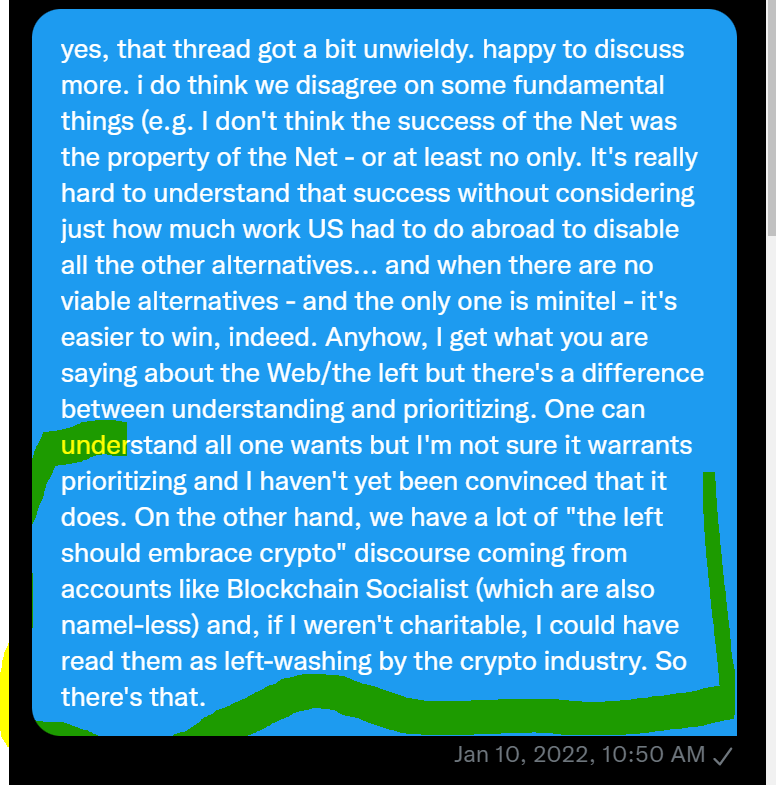
Since my New Left Review critique of "techno-feudalism" is paywalled, here's a quick thread summarizing the key arguments of this very long 38-page essay 1/9
I argue that the debate over neo-/ techno-"feudalism" is an oddity for the left. It only appears reasonable because of the unresolved tensions over (economic) exploitation vs. (extra-economic) appropriation in Marxist theory. Those tensions surfaced in the Brenner Debate. 2/9
Through close readings of Habermas, Supiot, Sighard Neckel, and several others, I survey some of the precursors to "neo-feudalism" in the notion of "re-feudalization," which I find more analytically useful than neo-/techno-feudalism. 3/9
I critically engage with Harvey's "accumulation by dispossession," which I see as an unconvincing attempt to find a middle ground between exploitation and appropriation. In the end, Harvey's concept got co-opted by those preaching the onset of neo-/ and techno-feudalism. 4/9
I (once again) engage with Zuboff - reading her alongside the Italian autonomists - to reveal her own strange "workerism" of sorts, which I call "user-ism". As a result, the dynamics of capital/capitalism that don't involve "humans" (users) become invisible. 5/9
My main engagement in the essay is with Cedric Durand's recent book on techno-feudalism. Comparing it to his previous book on fictitious capital, I remain unconvinced by his efforts to grasp Big Tech by marrying Marx and Veblen. 6/9
I conclude by reflecting on the recent "neo-feudal" turn by Robert Brenner, discussing various analytical problems in Political Marxism that made "neo-feudalism" thinkable. I briefly introduce Capital as Power school as offering an interesting Veblen-esque alternative. 7/9
One of the main problems with techno-feudalism is its inability to account for the state in constituting Big Tech. Such accounts make geopolitics, national security concerns, and various forms of state-driven developmentalism invisible. 8/9
There's so much else in the essay - it's 38 dense pages - so do engage with it when you can! You can read the paywalled version here 9/9 newleftreview.org/issues/ii133/a…
• • •
Missing some Tweet in this thread? You can try to
force a refresh




